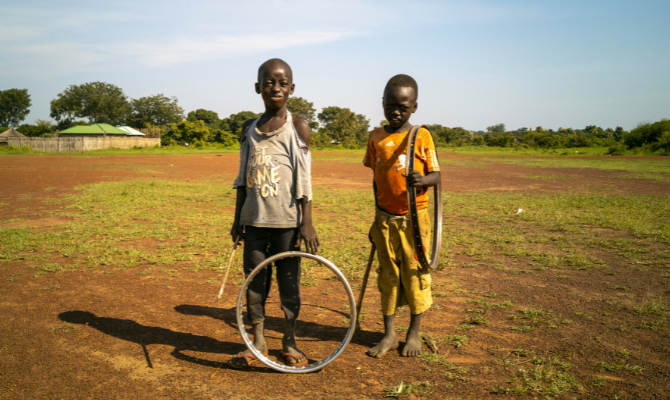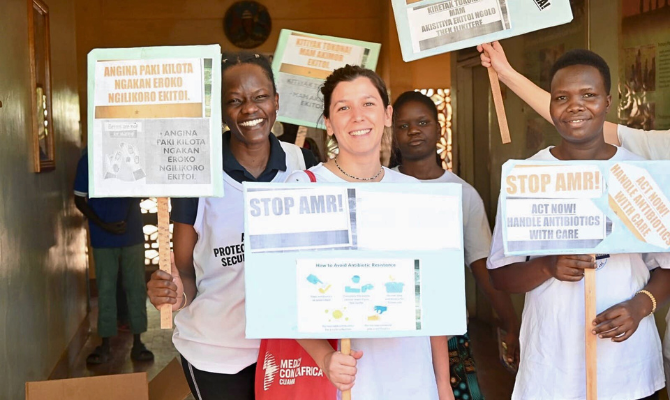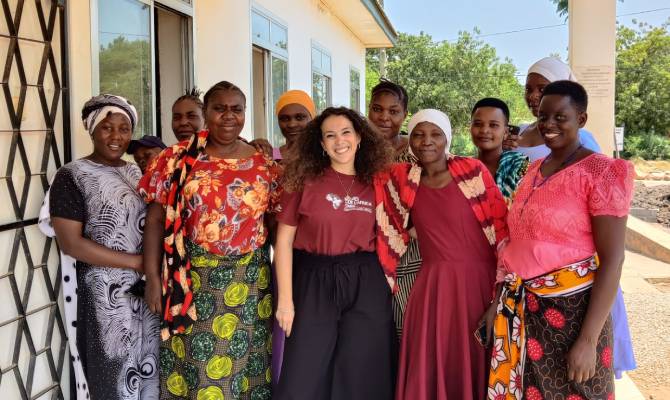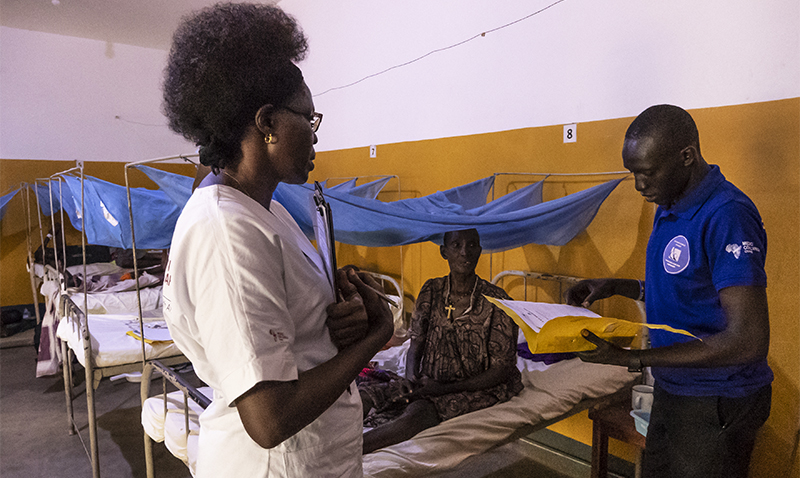30 January marks World Neglected Tropical Diseases Day, a group of infectious and parasitic diseases that mainly affect developing countries. More than a billion people in the world are affected, more than half live on the African continent. CUAMM and AMREF are turning the spotlight on this issue, focusing on Nodding syndrome, on which they work together in South Sudan.
The two organisations also make up the Nodding syndrome alliance (NSA), an alliance established with the aim of responding to the needs of people with epilepsy through integrated, multi-sectoral action to strengthen the resilience of patients and that of their communities.
«In a landscape where donors are increasingly reluctant to provide long-term funding – says Chiara Scanagatta, CUAMM’s head of projects in South Sudan – and cooperation between partners is more complex, the NSA is a really positive experience, because it allows us to unite our voices into a stronger one to do advocacy and promote more appropriate policies with local authorities and stakeholders».
Being chronic or long-term diseases, there is a need for continuity in treatment and care, which cannot only be clinical, but integrated with social and economic rehabilitation. From the need for constant resources to the involvement of families to whom dedicated support is guaranteed.
«From April 2020 to December 2022 – Chiara continues – 920 patients are regularly followed at the primary health care centre in Mundri and 300 at Lui. A challenging job, but one that we are determined to carry on, together and with dedication».
South Sudan, protagonist of one of the worst humanitarian crises of all time, is one of the countries most affected by neglected tropical diseases. Most of the population lives in extreme poverty with limited access to basic health services. The conditions of insecurity and political instability that accompanied the civil war have further compromised the country’s ability to cope with NTDs.
These include NS, a degenerative epileptic syndrome, endemic in South Sudan. It mainly affects children between 5 and 15 years of age and is characterised by episodes of sudden and repeated head jerks (hence the name “nodding syndrome”), with devastating effects on physical and neurological development.
Why they are called neglected diseases
They are called neglected diseases because they do not receive the necessary attention and funding for their prevention and treatment. These diseases can cause irreversible damage to people’s health and productivity and contribute to endemic poverty in affected countries. There are twenty NTDs currently recognised by the World Health Organisation, among them dengue, leishmaniasis, rabies and onchocerciasis, known as “river blindness”, associated with the development of Nodding syndrome.





